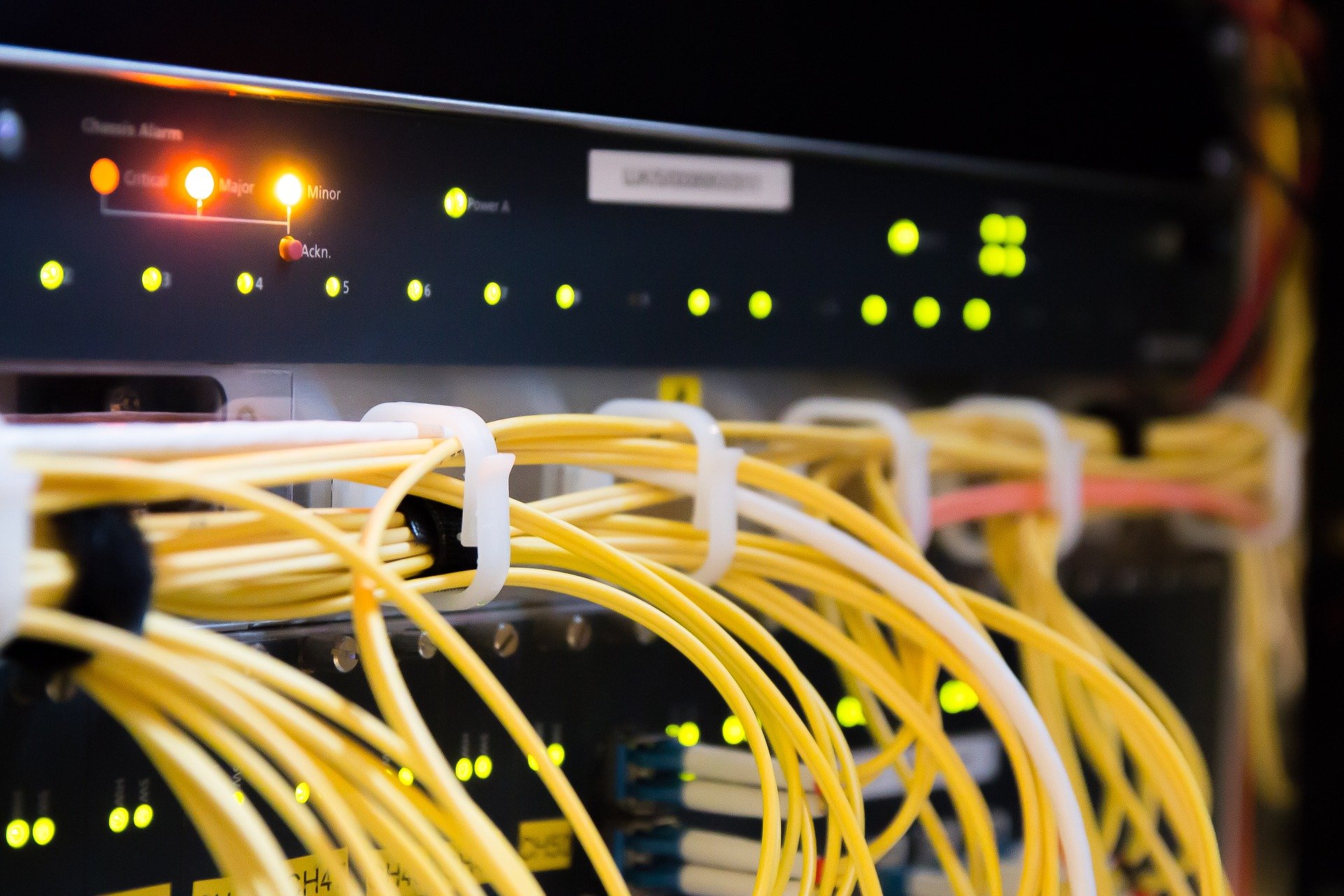Office and home data cabling requirements is something almost all of us are familiar with in this digital age. In fact, we tend to use data cables for a wide range of applications. It is a good practice to hire specialists for data and communication cable installation since there are many things that can go wrong with this.
Some of the common services offered by the professionals include data cabling for homes and offices, as well as maintenance, repair and fault testing. There are many types of data cables as explained in more detail in this article.
Functions of data cables
Flexibility of connectivity between multiple devices is in high demand for a wide range of consumers on a daily basis. Data cabling installation in Sydney is also increasing in demand with a number of applications on the rise.
For example it is necessary for connectivity between computers, routers, switches, storage area networks, for the transfer of data. An efficient data cabling system will allow multiple devices connected to a network to communicate and share data effectively.
We tend to use many different types of cables like a charging cable for our phones and data cables for networking our computers. There is a big difference between these two cables. While one is useful to charge your device the other is used to transfer data.
To put it in layman terms a data cable can be used as a charging cable while the other way round is not possible. For example, it is possible to charge your smartphone and transfer data by connecting it to the computer; however, a cable meant for charging your phone will not be able to transfer data. T
here are various types of data cables with many different applications as mentioned here:
- Twisted Cables is a data cable that is useful for phone systems and has cables that are twisted to reduce electromagnetic induction and cross-talk. The benefit being, it will not allow any disruption between the two connecting devices.
- The coaxial cable has a unique design where it consists of a centre conductor that is made from a copper wire that is surrounded by a plastic insulator. This is ideal for the transmission of radio frequency (RF) signals. The most common application of this type of cable is for a cable TV service since they carry signals at a greater level.
- Optical fibre cable is useful for data communication and allows the fast transmission of data over the Internet. This is made from several optical fibres covered with an insulator and transfers data in the form of light. This type of cable is safer since it is almost impossible for a hacker to breach it.
Benefits of selecting experienced professionals
A fibre optic cable allows rapid data transfer however it is very fragile hence requires special handling; similarly, the coaxial cable is also very effective when it comes to setting up cable TV or a good complete network.
This type of cable has been around for a very long time however it is still one of the most effective ones. Networking cabling is something many of us attempt as a DIY project. Although this is not a very complex task and it is easy to get hold of the tools necessary to get the job done this is something that is best left to the professionals.
Hiring the professionals to take care of your cabling needs will work to your advantage since they will bring with them tons of experience and the expertise to work around any type of problem. They are usually also quite affordable and will offer highly efficient customer services as well.

